Context
What is the Portland Means Progress Culture Change commitment and why should it matter to businesses?
The commitment is to provide your workplace with the skills to address racism. This can mean many things, among them:
Training to create shared understanding and language surrounding oppression
Examining how your business can help to mitigate the impacts of racism
Gaining tools to support employees to change organizational culture and center racial equity
Why Now?
Over the next 10 years, Portland’s retiring workforce will be overwhelmingly white, opening the door to a wave of young workers of color. Among Portlanders between the ages of 15 and 19, 47% are People of Color.
Today, communities of color access management and professional positions at half the levels of whites in Multnomah County. (Communities of Color in Multnomah County: An Unsettling Profile). Workplace culture can directly contribute to this disparity. Experts who provide businesses with training on diversity and inclusion often focus first on the importance of internal culture change.
Support for underrepresented small businesses and workforce will fall flat if we don’t also take a hard look at our internal workplace culture. Diversity, Equity and Inclusion training helps your business identify the ways in which you may be unconsciously or consciously contributing to a workplace culture that doesn’t encourage People of Color and other cultures to thrive.
This hard but necessary work can pay off. Companies in the top quartile for gender or racial and ethnic diversity are more likely to have financial returns above their national industry median, and data suggests that companies committing themselves to diversity more easily attract top talent, improve employee satisfaction and decision making, and focus more on customers. (Society for Human Resource Management)
Ending racism is long overdue.
Why Portland?
Portland’s history of discriminatory practices destabilized communities of color and created harm with impacts that reverberate today. While not all-encompassing, our History page provides examples of the prevalence and recency of racism in Portland and Oregon.
The Culture Change Roadmap
Where are you on your equity journey?
“Equity work is difficult and slow. We must have the strength to keep going and the wisdom to be mindful, slow down, and give it the respect it deserves.”


